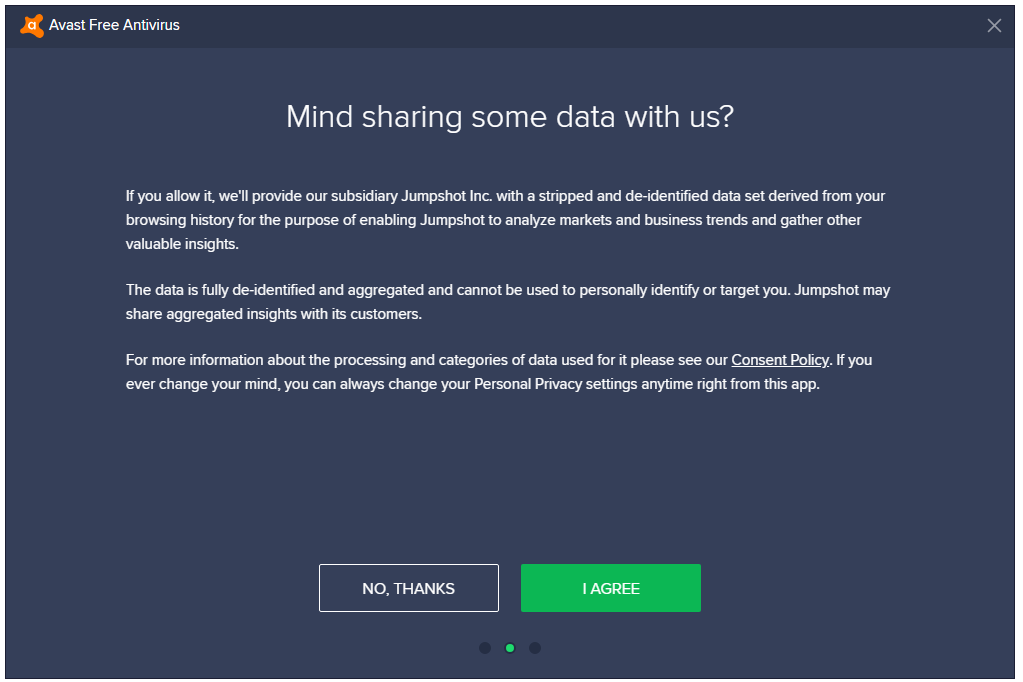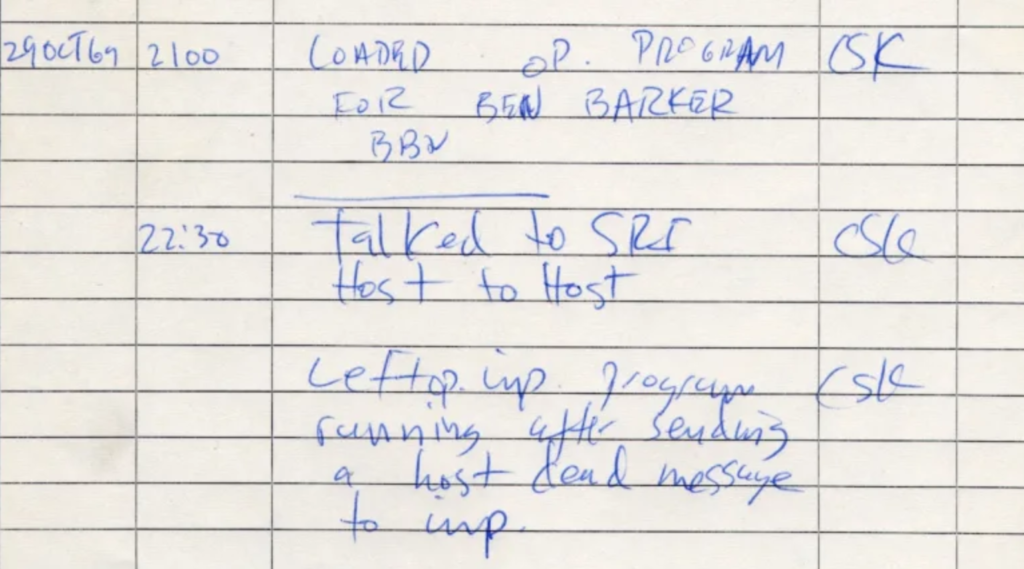We are all having to learn how to do more remotely. This series of blog posts deals with the why, the what and the how of online conferences.
Open Book Publishers has just published a series of blog entries on Econferences: why and how? A blog series. This series adapts some of the interventions in a forthcoming collection I helped edit on Right Research: Modelling Sustainable Research Practices in the Anthropocene. We and OBP moved quickly when we realized that parts of our book would be useful in this time when all sorts of scholarly associations are having to move to online conferences (econferences.) We took two of the case studies and put preprints up for download:
- ‘Greening’ Academic Gatherings: A Case for Econferences – This describes the Around the World Conferences we developed at the Kule Institute.
- Online Conferences: Some History, Methods, and Benefits by Nick Byrd is about a series of philosophy econferences.
I have also written a quick document on Organizing a Conference Online: A Quick Guide.
I hope these materials help and thank Chelsea Miya, Oliver Rossier and Open Book Publishers for moving so quickly to make these available.




